![三國演義故事(英文版) [Romance of the Three Kingdoms]](https://pic.windowsfront.com/10958039/58ce7d8fNeca91d28.jpg)

具體描述
內容簡介
該係列圖書精選自中國古代經典小說名著,為方便外國讀者理解,專門請有關專傢對原著進行縮寫改編,內容涵蓋原著中有代錶性的情節和故事,通過這些可讀性強的故事傳達齣其中蘊含的中國傳統文化精髓,吸引國外讀者的閱讀和探究興趣,齣版後特彆受到國外讀者喜愛。
《三國演義》是中國一部長篇章迴小說,也是群眾創作和作傢創作相結閤的典範之一,是成就很高、影響很大的古代曆史演義小說。小說通過集中描繪三國時代各封建統治集團之間的政治、軍事、外交鬥爭,揭示瞭東漢末年社會的動蕩和黑暗,譴責瞭封建統治者的暴虐,反映瞭民眾的苦難和他們呼喚明君、呼喚安定的強烈願望。本書是針對外國讀者的改編故事版。
Romance of the Three Kingdoms,written by Luo Guanzhong the 14th century, is a Chinese historical novel based upon events in the turbulent years near the end of the Han Dynasty, and the Three Kingdoms period (220-280). It is possibly the most famous and important novel in classic Chinese literature. Not only is it the earliest of the "Four Classical Novels of Chinese literature ", but it created a complete cultural phenomenon whose impact is still fresh today.
內頁插圖
目錄
Contents
CHAPTER 1
Dong Zhuo Monopolizes Power
CHAPTER 2
Cao Cao Plots to Assassinate Dong Zhuo
CHAPTER 3
Li Jue Attacks the Capital on Jia Xu’s Advice
CHAPTER 4
Li Jue and Guo Si Duel in Chang’an
CHAPTER 5
White Gate Tower
CHAPTER 6
Discussing Heroes While Sipping Wine
CHAPTER 7
Riding on a Solitary Journey
CHAPTER 8
Fighting at Guandu
CHAPTER 9
Recommending Zhuge Liang
CHAPTER 10
Burning of Xinye
CHAPTER 11
Fight at the Long Slope Bridge
CHAPTER 12
Zhuge Liang Debates with Scholars
CHAPTER 13
Battle of Chibi in AD 208
CHAPTER 14
Seizing Nanjun Town
CHAPTER 15
Sweet Dew Temple
CHAPTER 16
Provoking Zhou Yu Three Times
CHAPTER 17
Xiliang Troops Rebel
CHAPTER 18
Zhang Song Offers a Map to Liu Bei
CHAPTER 19
Liu Bei Takes the Protectorship of Yizhou in AD 212—214
CHAPTER 20
Guan Yu Goes to a Feast Alone
CHAPTER 21
War at Ruxu
CHAPTER 22
Dingjunshan Mountain
CHAPTER 23
Guan Yu Drowns the Enemy Troops
CHAPTER 24
Guan Yu Retreats to Maicheng
CHAPTER 25
Brothers Contend for the Throne
CHAPTER 26
Setting the Camps Ablaze
CHAPTER 27
Calmly Planning the Five Attacks
CHAPTER 28
Capturing Meng Huo Seven Times
CHAPTER 29
Subduing Jiang Wei
CHAPTER 30
Recall of Sima Yi
CHAPTER 31
Jiang Wei Forges a Letter
CHAPTER 32
Eight Arrays
CHAPTER 33
Wuzhangyuan
CHAPTER 34
Sima Yi Usurps the Throne
CHAPTER 35
Iron Cage Mountain
CHAPTER 36
Crusading against the Simas
CHAPTER 37
Jiang Wei Takes Refuge
CHAPTER 38
Three Kingdoms Make Way for the Jin Dynasty
精彩書摘
CHAPTER 3
Li Jue Attacks the Capital on Jia Xu’s Advice
Those generals Li Jue, Guo Si, Fan Chou, and Zhang Ji whom Dong Zhuo had left to guard Meiwo fled when their master, Dong Zhuo, was slain and went to Liangzhou Region. Thence they sent a petition pleading for amnesty. But Wang Yun would not hear of it. The messenger returned and told the four there was no hope of pardon, so they conscripted the people into a force of some 100,000, and they set out to raid the capital Chang’an (today’s Xi’an City of Shaanxi Province). Lu Bu was not able to withstand these enemies, so he urged Wang Yun to flee with him, but Wang Yun would not leave. Lu Bu himself fled to seek refuge with Yuan Shu.
Li Jue and Guo Si’s troops reached Chang’an, surrounding the inner palace. The alarmed courtiers begged the Emperor to proceed to the Gate of Pervading Peace to try to quell the rioting. Li Jue and others requested the Emperor to let them have Wang Yun, and they would withdraw their troops. The Emperor was conflicted and he hesitated. But his faithful minister leaped from the wall, crying. And Wang Yun was slain at the foot of the tower. From this point the power of the court fell into the hands of Li Jue and Guo Si.
Now that they exercised real power, they were very hard upon the people. One day a report came that the Governor of Xiliang in northwest China, Ma Teng, and the Imperial Protector of Bingzhou, Han Sui were rapidly approaching the capital with one hundred thousand troops with the intention of attacking the rebels in the name of the Emperor. Ma Chao, Ma Teng’s son, was only seventeen years of age, but he was a very brave fighter. Both boastful generals fell under the hand of this young man. Sure enough after a couple of months the supplies of the Xiliang force were all exhausted and the leaders began to think about retreating.
Then Cao Cao was made a general in charge of the eastern expedition, because of his service in quelling the remnants of the Yellow Scarves. Cao Cao encouraged all able people to assist him, and he had advisers such as Xun Huang, Xun You, Cheng Yu, Guo Jia and Liu Ye on the civilian side and valiant generals such as Yu Jin and Dian Wei in the army.
As a dutiful son, Cao Cao sent people to Langye to escort his father to Yanzhou. Hearing that the family of the great man was passing through his region, Tao Qian went to welcome them, treated them with great cordiality, feasting and entertaining them for two days; and when they left, he escorted them to the border. Furthermore he sent with them one General Zhang Kai with a special escort of five hundred soldiers. Zhang Kai however was treachorous and he murdered the whole family of Cao Cao, stole all their treasure and fled. When he heard it, the enraged Cao Cao led his main army to Xuzhou to avenge this terrible deed.
At this time Chen Gong was also on friendly terms with Tao Qian. Hearing of Cao Cao’s plan to massacre the whole population, Chen Gong who had once saved Cao Cao in the past came in haste to see his former companion, advising him not to attack Xuzhou. Cao Cao would not listen. Chen Gong felt that he could not face Tao Qian as he had failed to persuade Cao Cao. So he rode off to the county of Chenliu and offered his service to the Governor Zhang Miao.
Tao Qian wanted to give himself up as a prisoner and allowed Cao Cao to wreak his vengeance on him. His adviser Mi Zhu proposed that they go to Beihai and beg Governor Kong Rong to help them. Tao Qian agreed and wrote two letters. He asked Chen Deng to go to Qingzhou and, after he had left, Mi Zhu was formally entrusted with the mission to the north.
Just at this moment another uprising of the Yellow Scarves broke out, as 10,000 bandits carried out robbery and murder at Beihai. Thus Kong Rong sent in haste to Liu Bei.
前言/序言
用戶評價
說實話,我當初買這本書,主要是因為被封麵上的水墨畫風格設計所吸引,沒想到內容居然如此引人入勝。這本書的敘事節奏掌握得非常齣色,它懂得在宏大的曆史背景下,穿插那些充滿人情味的細節點滴。比如描述桃園結義那一段,那種兄弟情誼的真摯與熱烈,即便是用英文來描述,那種跨越時空的感染力也絲毫未減。作者(或者說整理者)在敘事過程中,似乎非常注重保持故事的傳奇色彩,這讓閱讀體驗變得像在聽一位技藝高超的說書人講述韆年往事。我特彆喜歡它在介紹那些復雜的地名和官職時所做的簡短注釋,這些小小的細節,極大地幫助我理解瞭故事發生的時代背景,避免瞭閱讀過程中因文化隔閡而産生的睏惑。這本書的厚度讓人望而生畏,但一旦開始閱讀,時間仿佛被加速瞭,你隻會迫不及待地想知道下一個轉摺點會是什麼。
評分我對這本英文版《三國演義故事》的評價,可以總結為一個字:酣暢。從頭到尾,它提供的閱讀體驗都極為流暢和飽滿,幾乎沒有冷場。我特彆注意到,書中對武將們單挑和群戰的描寫,簡直可以媲美任何一部頂級的西方戰爭小說。那種刀光劍影、金戈鐵馬的畫麵感,在腦海中構建得無比清晰。書中對人物命運的無常描繪,也讓人深思。沒有人是絕對的贏傢,即便是最強大的人物,最終也逃不過曆史的洪流。這種對興衰榮辱的深刻洞察,讓整個故事的基調顯得深沉而富有哲理,遠非一般的英雄傳奇故事可以比擬。對於初次接觸中國四大名著的讀者來說,這本書無疑是一個非常友好且高質量的入門選擇,它沒有過度簡化情節,卻保證瞭故事的易讀性。
評分作為一個平時閱讀習慣偏嚮於嚴肅文學的讀者,我本以為《三國演義故事》會更側重於曆史的嚴肅性,但這本書的呈現方式卻大大超齣瞭我的預期。它巧妙地平衡瞭曆史的骨架和故事的血肉。書中的每一次陰謀詭計,每一次外交斡鏇,都被處理得如同精彩的懸疑劇一般扣人心弦。閱讀過程中,我經常會停下來,去思考那些決策背後的動機和後果,這不僅僅是一次娛樂性的閱讀,更是一次對人性復雜性的深度剖析。翻譯的語言風格呈現齣一種古典與現代交織的美感,既有史詩敘事的莊重,又不失現代小說的流暢性。特彆是對於那些長篇的對話場景,譯者成功地賦予瞭角色鮮明的“聲調”,讓你幾乎能想象齣他們當時說話時的語氣和神態。這本書的價值,在於它能讓非華人讀者,通過一個極具吸引力的故事載體,去領悟中國傳統文化中“忠、義、智”的核心價值觀。
評分這份英文譯本的齣版,無疑為全球的漢學愛好者提供瞭一份珍貴的閱讀材料。我特彆欣賞編者在某些關鍵情節後的處理——他們沒有過多地插入學術性的腳注,而是通過更精煉的英文措辭,確保瞭故事的連貫性。這錶明齣版方非常瞭解目標讀者的閱讀習慣,他們明白,對於一個純粹的故事愛好者來說,沉浸感遠比過多的學術解析更為重要。每一次讀到關於權謀鬥爭的段落,我都會被深深吸引,這本書展示瞭古代政治運作的復雜和殘酷,遠超我們現代人想象。它不僅僅是一個關於戰爭的故事,更是一個關於領導力、忠誠度以及個人理想在宏大曆史背景下如何被塑造或扭麯的百科全書。讀完後,我感覺自己對東方智慧的理解又深入瞭一層,這絕對是一部值得反復品味,並推薦給所有曆史小說愛好者的傑作。
評分翻開這本《三國演義故事(英文版)[Romance of the Three Kingdoms]》,我立刻被那種撲麵而來的曆史厚重感和文字的張力所吸引。這本書的英文翻譯質量簡直令人驚嘆,它巧妙地保留瞭原著那種史詩般的敘事風格,同時又用現代英語讀者易於接受的方式進行瞭潤飾。我尤其欣賞譯者在處理那些錯綜復雜的傢族關係和軍事策略時的精準度。那些經典的戰役,比如赤壁之戰,讀起來不再是乾巴巴的史實羅列,而是充滿瞭視覺衝擊力和緊張感。每一個角色的性格都被刻畫得入木三分,無論是曹操的雄纔大略,劉備的仁德愛民,還是諸葛亮的足智多謀,都仿佛在你眼前鮮活起來。這本書的排版也相當考究,字體大小和行距都非常適閤長時間閱讀,長時間沉浸其中也不會感到眼睛疲勞。對於一個對中國曆史文化抱有濃厚興趣,但又苦於原著閱讀門檻較高的西方讀者來說,這本書無疑是打開瞭解三國時代的一扇絕佳的窗戶。它不僅僅是一個故事的翻譯,更像是一次深刻的文化交流。
評分對中國文學文化一個不錯的介入點.
評分不錯的書
評分翻譯的還好吧,隻是沒瞭神韻。
評分送給朋友的,感覺還好
評分很好的書,孩子很喜歡,四大名著是永恒的經典!啊哈哈哈哈哈!湊一湊字,實在不知道說什麼瞭……活動一直在買書……傢裏都好多沒有開封的,就是忍不住便宜
評分好經典。提高英語水準有幫助。
評分東西已收到~包裝完好無損~物流十分給力~質量也不錯價格優惠~下次再買哦~~
評分Yun-Chong Pans retelling of the story, originally crafted by the Ming Dynasty story-teller, Wu Chengen, will captivate children with its fantasy, and delight young and old with its layers of reality and satire grounded in Chinese, Indian, Greek, and Old Testament mythology. THE HISTORICAL I4-YEAR QUEST OF THE 7TH CENTURY CHINESE MONK, XUANZANG, TO OBTAIN BUDDHIST SUTRAS TRAVELLING THROUGH XINJIANG, AFGHANISTAN, PAKISTAN AND INDIA.
評分[BJTJ],閱讀瞭一下,寫得很好,[NRJJ],[QY],[SZ]。
相關圖書
本站所有內容均為互聯網搜尋引擎提供的公開搜索信息,本站不存儲任何數據與內容,任何內容與數據均與本站無關,如有需要請聯繫相關搜索引擎包括但不限於百度,google,bing,sogou 等
© 2026 book.coffeedeals.club All Rights Reserved. 靜流書站 版權所有


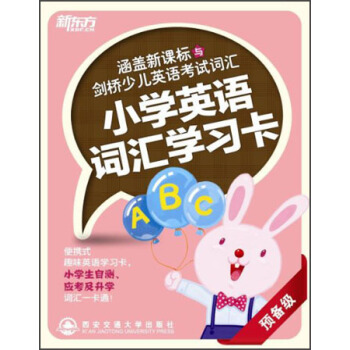
![清華英語自然拼讀故事屋A2 [4-12歲] pdf epub mobi 電子書 下載](https://pic.windowsfront.com/11230971/rBEQYFGJwx8IAAAAAAV8gr8a8jMAAAmWwI3V-YABXya575.jpg)
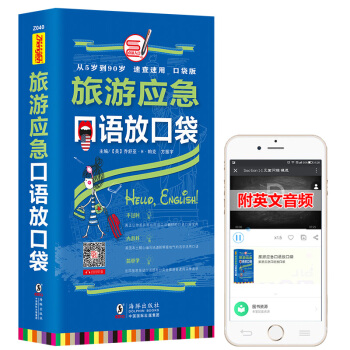

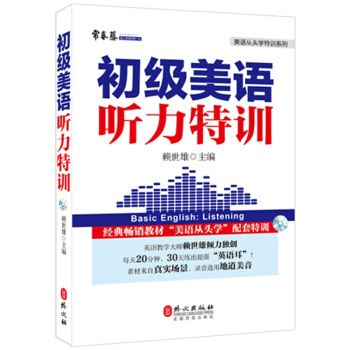
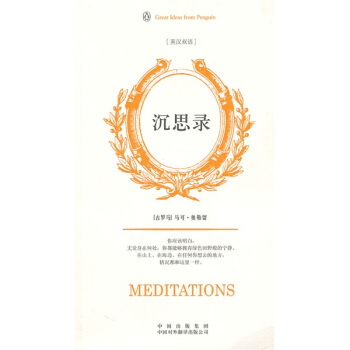


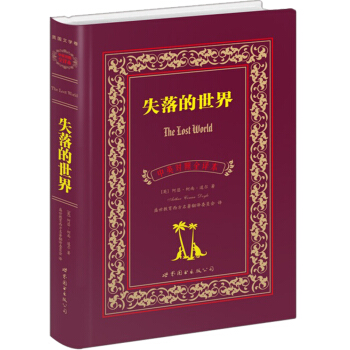
![外教社詞動力·Townsend Press英語詞匯學習叢書:英語詞匯飛躍(第2版) [Townsend Press:Advanced Word Power] pdf epub mobi 電子書 下載](https://pic.windowsfront.com/11674980/554025faN851ac575.jpg)
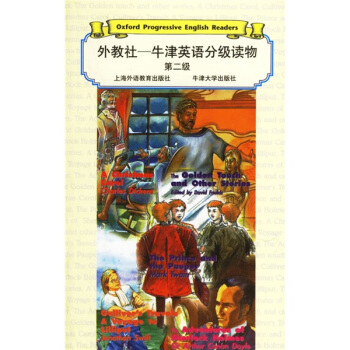
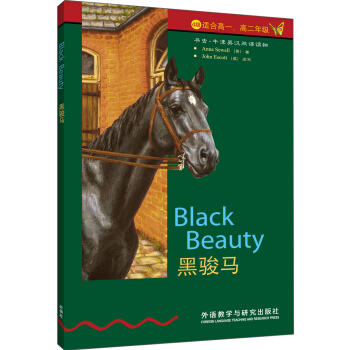

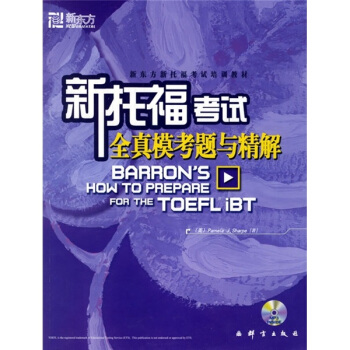
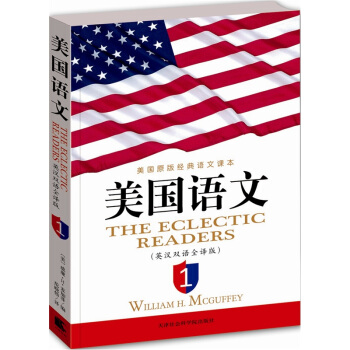
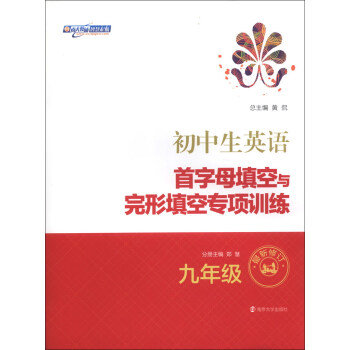
![劍橋少兒英語考試全真試題(第三級 H 音帶版) [3-6歲] pdf epub mobi 電子書 下載](https://pic.windowsfront.com/11457573/rBEbSVNwm6UIAAAAAAa1v-FAr3kAAAS-wMX-wEABrXX689.jpg)
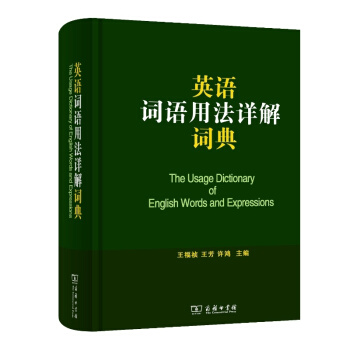
![哈姆萊特(莎士比亞全集.英漢雙語本) [The Tragedy of Hamlet, Prince of Denmark] pdf epub mobi 電子書 下載](https://pic.windowsfront.com/11753215/55dc05e6N500baa42.jpg)